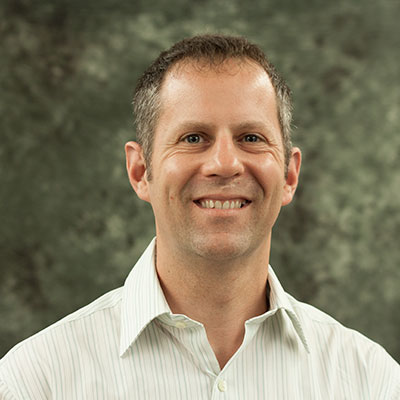Drug Discovery: Current Research

Finding and characterizing new therapeutic targets and agents
Our research spans activities in contemporary chemical biology and drug discovery and blends the principles and experimental techniques of chemistry and biology with computational science. While maintaining a traditional emphasis on the drug candidate, CBMC integrates contemporary biological methods to merge small molecule and target biomolecule research. This approach allows for elucidation of disease pathways and mechanisms of drug action. CBMC encompasses nearly all aspects of drug discovery, including bioactive natural products, organic chemistry, computational drug design, assay development, high throughput screening of chemical libraries, and studies in living cells.
CBMC has research strengths in the synthesis and structure-activity characterization of pharmaceutically relevant small molecules and natural products; bioorganic and chemical biology studies of the properties of designed small-molecule ligands and their cognate drug targets, including proteins, nucleic acids, and glycoconjugates; combinatorial biochemistry and proteomics for the identification of novel signaling pathways and drug targets; structural biology and biomolecular dynamics of drug-protein interactions; chemo- and bioinformatics; and molecular modeling.
Research Facilities
Marsico Hall
Marisco Hall is one of the largest buildings on the UNC Chapel Hill campus and houses basic and translational research across several disciplines. The building includes the Marsico Lung Institute, the Biomedical Research Imaging Center, and researchers from UNC Lineberger Comprehensive Cancer Center, nanomedicine, microbiology and immunology, and pharmacoengineering.
Pharmacy researchers with labs in Marsico Hall include members of the UNC Eshelman School of Pharmacy’s Division of Chemical Biology and Medicinal Chemistry, Division of Pharmacoengineering and Molecular Pharmaceutics, Center for Integrative Chemical Biology and Drug Discovery and the Center for Nanotechnology in Drug Delivery.
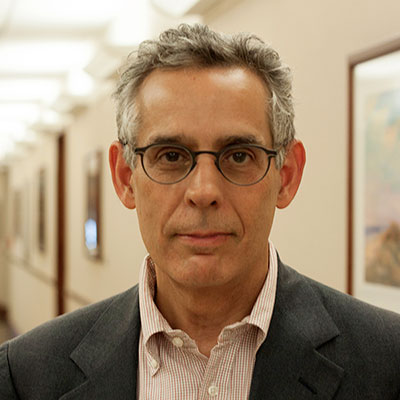
Jeff Aubé Lab
The Aubé laboratory uses synthetic chemistry to enable the study of biological pathways and as starting points for drug discovery.
Albert Bowers Lab
Research in the Bowers Lab is concentrated on the synthesis, assessment, and modification of potential therapeutic leads, especially those derived from natural products.

David Drewry Lab
The Drewry lab in focused on designing, synthesizing, evaluating, and sharing small molecule chemical probes for protein kinases.
Kevin Frankowski Lab
Research in the Frankowski lab uses synthetic chemistry to develop new approaches for the treatment of unmet medical needs.

Stephen Frye Lab
The Frye lab focuses on chemical biology of chromatin regulation with an emphasis on proteins that bind methylated lysine, and collaborative oncology drug discovery with faculty in the Lineberger Cancer Center.

Lauren Haar Lab
The Haar lab focuses on investigating the role that refined spatial and temporal control of intracellular signaling cascades can play in the progression of cardiovascular injury. We use a research strategy involving plasmid and optogenetic protein engineering, high content screening, high resolution microscopy and physiologically based cell analysis.

Nate Hathaway Lab
The Hathaway lab was established at UNC with a founding idea that the group could make a contribution to understanding dynamic epigenetic processes by using unique chemical biology approaches they pioneered.
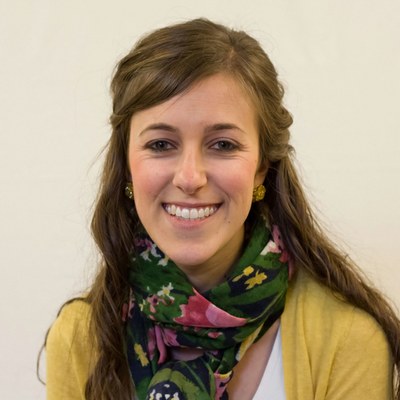
Lindsey Ingerman James Lab
The James lab is interested in modulating the activity of chromatin reader proteins with small-molecule ligands, specifically potent and selective chemical probes, in order to open new avenues of research in the field of chromatin biology and potentially translate to compounds of therapeutic value.
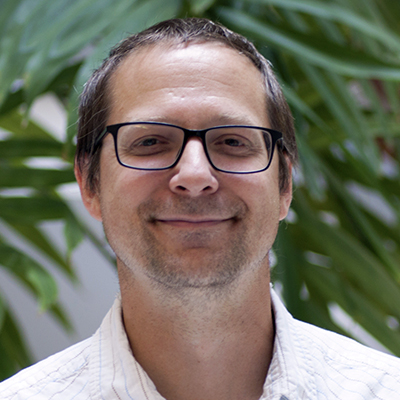
Michael Jarstfer Lab
The Jarstfer lab is interested in targeting telomere biology for aging disorders and cancer treatment strategies and exploring the mechanism of oxytocin in controlling social behavior.
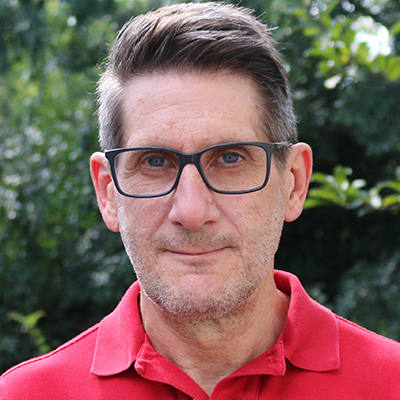
Dmitri Kireev Lab
The Kireev lab develops and applies computational tools to advance our understanding of complex biological systems and discover therapies for unmet medical needs.
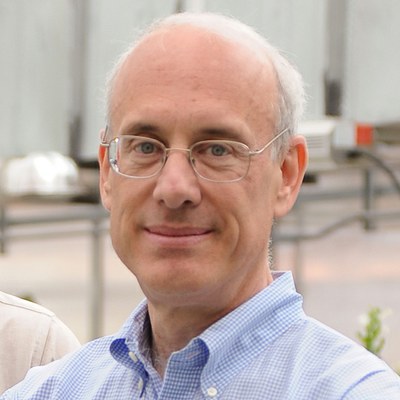
David Lawrence Lab
The Lawrence lab works to understand the biochemical processes of the cell by studying them as they happen in the cell as opposed to studying them in vitro.

Andrew Lee Lab
Andrew Lee studies the role of conformational dynamics in protein function, conformational changes, enzyme catalysis, drug binding, and allostery. His laboratory uses a variety of biophysical and biochemical tools, especially NMR spectroscopy.
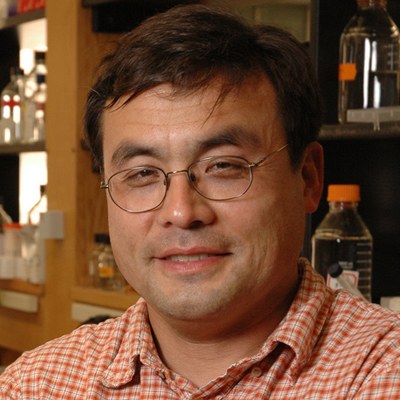
Jian Liu Lab
Research in the Jian Liu group is focused on glycobiology and glycobiochemistry, an emerging field that emphasizes the biological functions of carbohydrates.
Rihe Liu – Biological Therapeutics Lab
The Liu laboratory’s research interests focus on the development and application of novel drug target-binding affinity molecules by integrating directed molecular selection and evolution, ligand design and engineering, in vitro cellular and signaling characterization, and in vivo therapeutic efficacy studies in tumor mouse models.
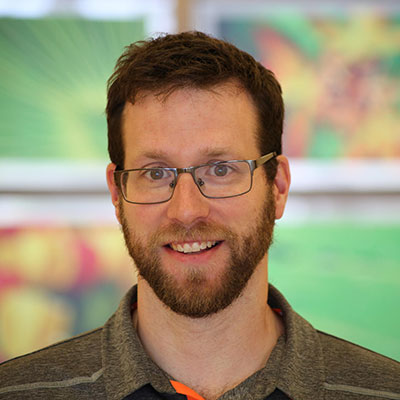
Robert McGinty Lab
The McGinty lab studies molecular mechanisms of chromatin signaling. By pairing atomic precision protein chemistry with high resolution structural biology, they aim to understand how the nucleosome functions as a signaling hub for gene expression, DNA replication, and DNA damage repair in development and disease.
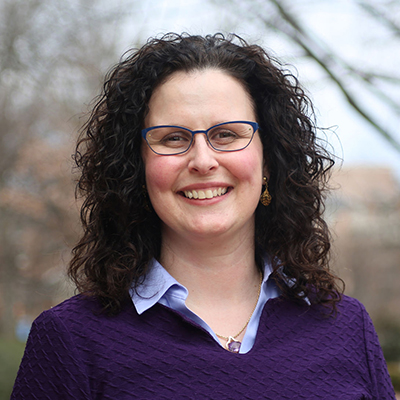
Samantha Pattenden Lab
The Pattenden lab develops innovative techniques in chromatin-based therapeutic target discovery and cancer diagnostics.
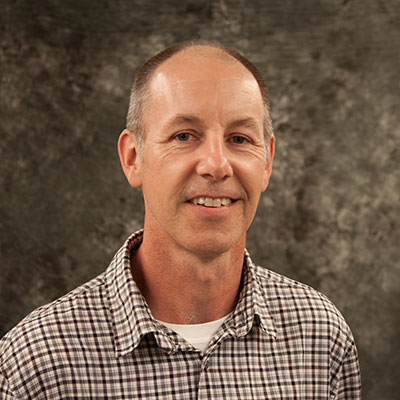
Kenneth Pearce Lab
The Pearce lab utilizes numerous methods for conducting early drug and chemical probe discovery research.

Konstantin Popov Lab
The Popov Lab research expertise is at the interface of computational and structure-guided chemical probe and drug discovery, which is a vital part of the mission of the CICBDD. The lab develops inventive, cutting-edge approaches to solve problems in modern computational structural biology and drug discovery.

Bryan Roth Lab
Bryan Roth, PhD, MD, is a professor in the Division of Chemical Biology and Medicinal Chemistry and in the Department of Pharmacology.

Alexander Tropsha Lab
Alexander Tropsha’s lab develops new methodologies, software tools and applications in the areas of computer-assisted drug design, chemical toxicology, materials informatics, text mining, and health care informatics.
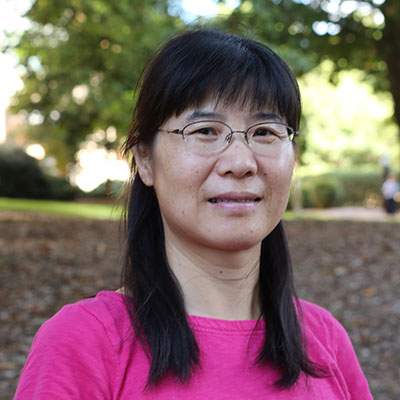
Xiaodong Wang Lab
The Wang lab is interested in developing drug leads/candidates for kinase, phosphate kinase and protein targets identified by UNC faculty and external investigators.
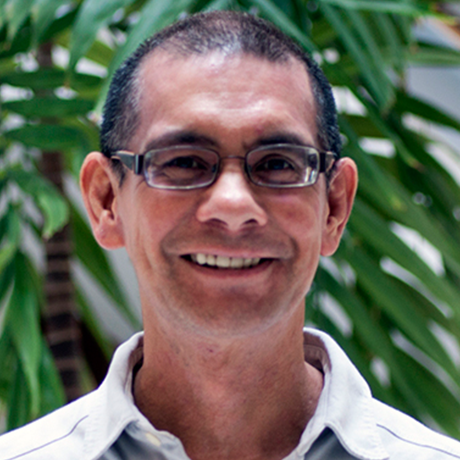
Tim Willson Lab
The Willson laboratory is home to the US site of the SGC, an open science consortium that accelerates research on the lesser studied regions of the genome.

Qisheng Zhang Lab
The Zhang lab studies lipid signaling pathways that are involved in human disease by developing novel chemical probes and technologies.
The nine-story, 340,000-square-foot building features world-class imaging equipment, including a hybrid MRI/PET whole body scanner, a 7-Tesla MRI whole body scanner and a cyclotron. UNC and Massachusetts General Hospital, in affiliation with Harvard University, are currently the only two academic medical centers in the country that have these three imaging devices in one location. Together, each device optimizes the capabilities of the others, making these devices some of the most powerful diagnostic imaging tools in the world.
- High-resolution liquids NMR facility (400 MhZ and 500 MHz spectrometers)
- Digital imaging and photodocumentation equipment
- Phosphorimaging
- Molecular graphics workstations
- Scintillation and gamma counters
- Microplate readers and automated liquid handling devices for HTS
- Steady- and transient-state spectrofluorimetry
- Tissue culture
- HPLC and FPLC devices
- Combinatorial synthesis and automated purification
- Oligonucleotide Synthesis Cores (2)
- Protein Synthesis/Sequencing Cores (2)
- DNA Sequencing Core
- Tissue Culture Core
- Flow Cytometry Core
- Structural Biology Core
- Mass Spectrometry Core
- Digital Video Microscopy Core
- Transgenic and Homologous Recombination Core
- Molecular Modeling / Computer Graphics Core
- Macromolecular Interactions Facility
Research Centers and Programs
Center for Integrative Chemical Biology and Drug Discovery (CICBDD)
A multi-disciplinary group that provides an innovative and sustainable scientific force in the creation of chemical probes, drug candidates, assay technologies, and computational approaches to advance understanding of biological mechanisms and place UNC at the forefront of translational medicine. Also serves to help train students and postdoctoral fellows to enable development of the next generation of drug discovery scientists.
The SGC (Structural Genomics Consortium) is a not-for-profit, public-private partnership that performs basic science of relevance to drug discovery. Our research is conducted at several sites around the world to produce reagents, proteins, antibodies, assays, and data that support exploration of the human genome. All material and intellectual output of the SGC is placed in the public domain for use without restriction.
Collaboration and Partnership
We are partnering across the campus, state, nation and around the world to advance research and advance knowledge and treatment for patients to discover solutions for the world’s most challenging health issues.

UNC Health Sciences Campus
The School is part of the University of North Carolina at Chapel Hill, a major research university with a large teaching hospital and schools of medicine, public health, nursing, and dentistry.
- Ranked 5th nationally for federal research among all universities
- $1.1 billion in sponsored research from all sources annually
- Eleventh largest research university in research volume and annual expenditures
CBMC’s scientific interests are integrated into UNC’s biomedical sciences. Our students and faculty collaborate with researchers in the UNC School of Medicine, the Lineberger Comprehensive Cancer Center, and many departments across our health sciences campus.

Eshelman Innovation
Eshelman Innovation is a health care innovation engine that bridges the inspiration of academia and the spirit of entrepreneurship to turn groundbreaking ideas into real products and services. They are here to catalyze ideas for the greater good. Since its creation in 2014, Eshelman Innovation has expanded well beyond the walls of the school of pharmacy at UNC-Chapel Hill. Eshelman Innovation works with faculty across the state and collaborators around the world. Their work brings together academic firepower alongside funders and donors to find creative solutions to major health care problems.
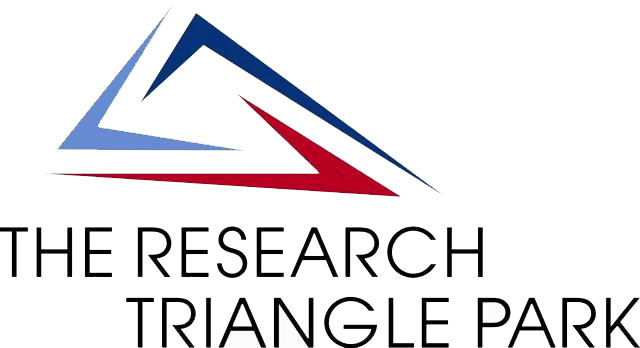
Research Triangle Park
UNC anchors one corner of North Carolina’s famed Research Triangle Park, which hosts an abundance of pharmaceutical, biotech, and health-care companies. This environment offers many opportunities for collaboration in research, education, and patient care with partners in academia, industry, and health care.
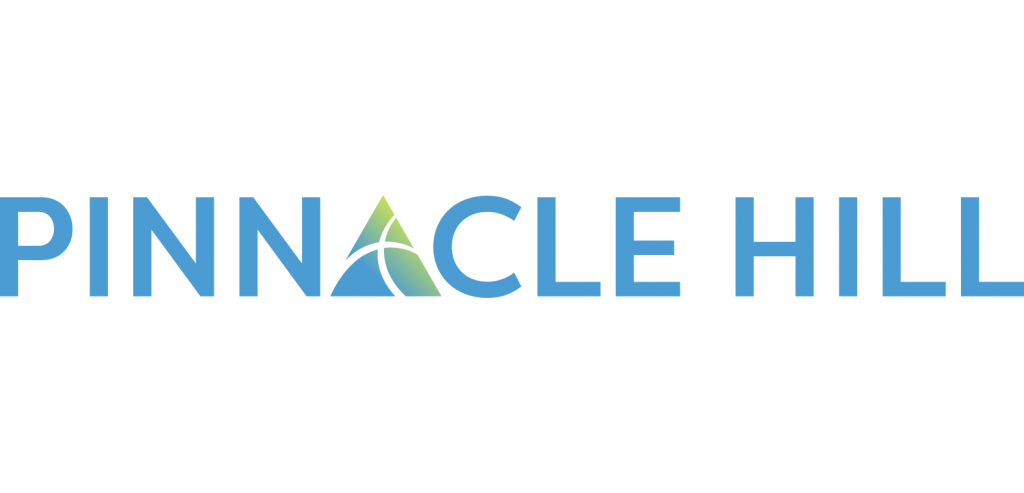
Pinnacle Hill
The University of North Carolina at Chapel Hill and Deerfield Management have entered into a partnership to create Pinnacle Hill, a company seeking to discover new medicines to address the significant unmet medical needs of our times. Deerfield will invest up to $65 million of targeted funding through Pinnacle Hill, as well as providing significant drug development expertise to advance promising therapeutic research at UNC-Chapel Hill. Learn more here.

PharmAlliance
PharmAlliance is a unique international partnership between three global leaders in pharmacy education, the University of North Carolina at Chapel Hill, Monash University, and University College London. PharmAlliance partners work collaboratively to inspire and train tomorrow’s professional leaders and practitioners to transform education delivery and address major research challenges in pharmacy and the pharmaceutical sciences.

Structural Genomics Consortium
The SGC (Structural Genomics Consortium) is a not-for-profit, public-private partnership that performs basic science of relevance to drug discovery. Research is conducted at several sites around the world to produce reagents, proteins, antibodies, assays, and data that support exploration of the human genome. All material and intellectual output of the SGC is placed in the public domain for use without restriction. The first SGC laboratory to operate in the USA is located in the UNC Eshelman School of Pharmacy. Learn more here.




